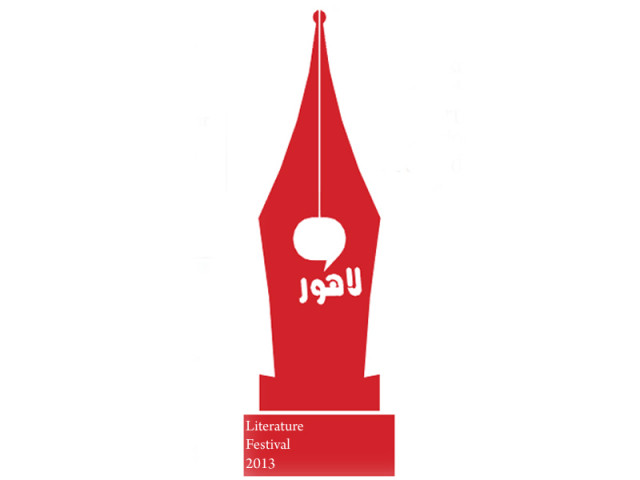Democracy has not served the masses in South Asia: Ayesha Jalal
Historian calls for judicial oversight to ensure that society remains secular.

Thapar said there were differences in all societies. “In democracy, people have the right to disagree.
Democracy and development in South Asian countries have been beneficial for only a few, Pakistani-American historian Ayesha Jalal said on Sunday.
She was addressing the session: Living with Internal Differences: The South Asian Dilemma on the final day of the Lahore Literary Festival.
Analyst Khaled Ahmed moderated the session. Other panelists included Indian historian Romila Thapar and rights activist Asma Jahangir.
Ahmed opened the session. “Internal differences in nations lead to conflicts and affect state policy,” he said.
“Nation building is not just good or bad. It is a process. When one talks about tolerance in a society, it seems as if there is something intolerable out there that needs to be accepted. There should be freedom of speech. The civil society and non-elected groups should have their say as well,” Jalal said.
Thapar said there were differences in all societies. “In democracy, people have the right to disagree.
Also, you cannot claim to have a democratic system if the society is not secular and vice versa.
There should be a judicial body to ensure that the society is secular,” she said.
She said that one of the factors that affected secular states was education. “In India, Hindu history curriculum is written and approved by religious and state organisations. This is unacceptable,” she said.
She said that educationist should prepare the curriculum and there should be no interference from the state and religious organisations.
“There is too much colonial hangover,” she said.
Jahangir said she was against the idea of unity (through nationalism). “It is fine for one to hold a nationality.
However, it should not limit one’s relations with others. We need to understand that no nation can survive by itself. Being a woman in Pakistan, I think diversity is the answer,” she said.
Jahangir said that a country’s leadership must always be in wise hands. “Activism requires good hearts as well as good heads. A leadership trying to impose its ideas on the whole society, causes conflict,” she said.
Jahangir said people should let others live their lives by their own values. “States can have contracts with their citizens. However, they cannot determine their values because that is a personal choice,” she said.
Published in The Express Tribune, February 23rd, 2015.



















COMMENTS
Comments are moderated and generally will be posted if they are on-topic and not abusive.
For more information, please see our Comments FAQ